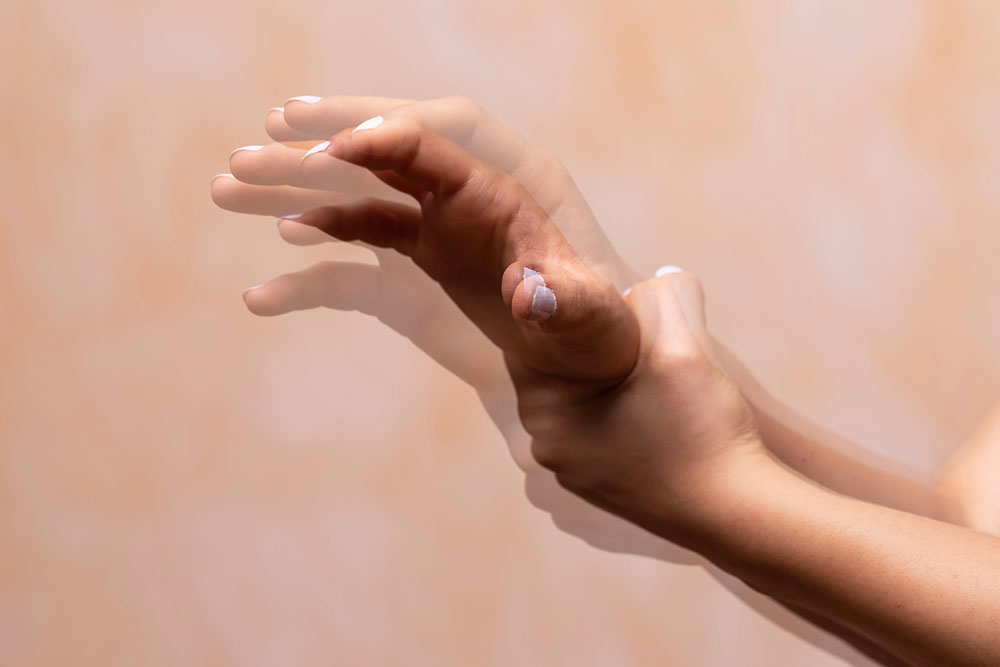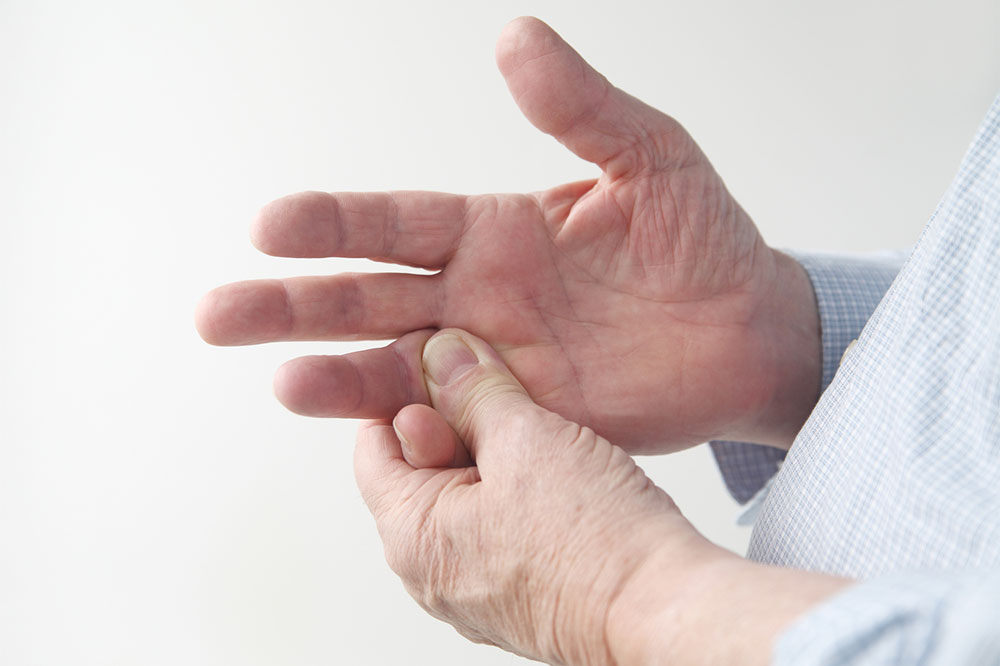
health
11 food items that worsen hereditary angioedema
Hereditary angioedema (HAE) is a rare genetic disease characterized by recurrent episodes of severe swelling, often in the face, throat, and abdomen. Various factors can trigger HAE. However, certain foods have been identified to worsen the condition. One should take note of these food items to avoid unintentionally triggering the condition and exacerbating its symptoms. Eliminating or carefully including these foods in meals can help individuals manage their condition better and avoid unwanted complications. Aged cheese Aged cheese items like blue cheese and cheddar contain elevated histamine levels. Histamine is a compound that can lead to the dilation of blood vessels, potentially triggering or worsening HAE symptoms. For individuals with HAE, consuming aged cheeses can increase histamine levels in the body, which may result in heightened swelling and discomfort. Processed meats Processed meats like smoked sausages and cured hams contain histamine and harbor additives like sulfites. These compounds have been linked to the worsening of HAE symptoms. For individuals with HAE, eating these meats may increase histamine levels, potentially causing an episode. Shellfish Crustaceans such as shrimp, crab, and lobster are a well-known source of histamine in foods. Eating shellfish can elevate histamine levels, increasing the risk of an HAE episode.
Read More 










